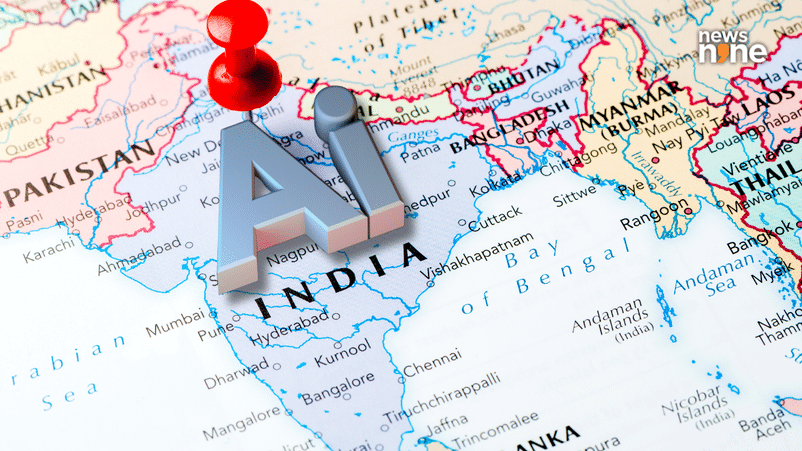Our Terms & Conditions | Our Privacy Policy
India’s AI growth sparks hope and fear, says UNDP Human Development Report | Artificial Intelligence News
Artificial Intelligence News
The UNDP’s Human Development Report 2025 shows India leading the world in AI skills, but warns that rapid tech growth without access and equity could widen the gap in human development. AI’s impact in India will depend on how inclusive its policies and public investments are.

UNDP Human Development Report 2025: India leads in AI skills but faces digital risk
Artificial Intelligence has taken centre stage globally, and India is watching, building, and grappling with it all at once. The latest UNDP Human Development Report 2025, titled “A Matter of Choice: People and Possibilities in the Age of AI,” paints a clear picture: the world is running headfirst into AI, but the choices we make today will shape whether that run leads to opportunity or inequality.
The report is not just about AI models or algorithmic feats. It focuses on something India can relate to right now: how to make AI work for people, not against them.
India leads in AI skills — but the risks are rising
The most striking insight for India? The country has the highest self-reported AI skills penetration in the world. That’s huge. It means more people here are claiming to understand and work with AI than anywhere else, including the US and China. But this lead also comes with a big question: will India turn this into meaningful jobs, inclusive education, and fair digital governance, or lose the race to ethical and developmental pitfalls?
“AI is not acting independently of us,” the report says. “It evolves through our decisions and priorities.” This framing matters. India’s booming tech workforce may be ready, but its policymakers, educators, and small businesses are still catching up.
The human gap is widening
The Human Development Index (HDI) globally has stalled since the pandemic. India is not alone in this. But the report warns that without inclusive use of AI, low and medium HDI countries could fall even further behind. As AI eats into jobs, those with fewer digital skills risk being pushed out.
The report lists three big moves governments like India’s must consider:
- Build a complementarity economy: Push policies that make AI tools work with workers, not replace them. Think health assistants, not chatbot doctors. Think AI-aided teaching, not teacher-less classrooms.
- Drive innovation with intent: Focus on social value, not just private profit. That means encouraging AI use in public services, not just corporate productivity.
- Invest in capability: Equip people, especially young Indians, to think critically, use AI smartly, and stay employable.
Trust and control
One of the more surprising parts of the survey used in the report: young people across HDI levels, especially in developing countries like India, are optimistic. They expect AI to improve productivity. But older adults expect to lose control over their lives. The generational divide is real, and could widen if AI is not democratised.
There’s a caution here. AI tools often mirror the cultures where they’re made. Models like ChatGPT show answers that align more with Western values. The report points to a clear bias: “ChatGPT answers are culturally closer to those of humans in very high HDI countries.” That’s a problem when billions of people outside that bracket are using these tools.
A new kind of inequality?
One statement in the report hits hard: “The bar for AI is higher than simply being useful or doing good; it is avoiding development disappointment.”
This speaks to India’s moment right now. With platforms like Aadhaar, UPI, and DIKSHA already digitising public services, AI could supercharge them, or deepen exclusion. Without careful regulation, training, and access, AI could become yet another system that leaves the rural, poor, or digitally disconnected behind.

Siddharth Shankar brings over a decade of experience in the realm of journalism, film making, and marketing, currently heading the Technology, Science, Gaming, and Automobile sections. He blends his expertise and passion to bring forth cutting-edge stories that resonate with a dynamic audience. Siddharth co-founded BWAutoworld.com for BW Businessworld and was leading Science and Technology domains for TimesNow Digital. For leads Siddharth can be reached on Twitter – @Siddh4rth
Read More
Next Article
Follow us on social media
[ad_1]
Images are for reference only.Images and contents gathered automatic from google or 3rd party sources.All rights on the images and contents are with their legal original owners.
[ad_2]



Comments are closed.